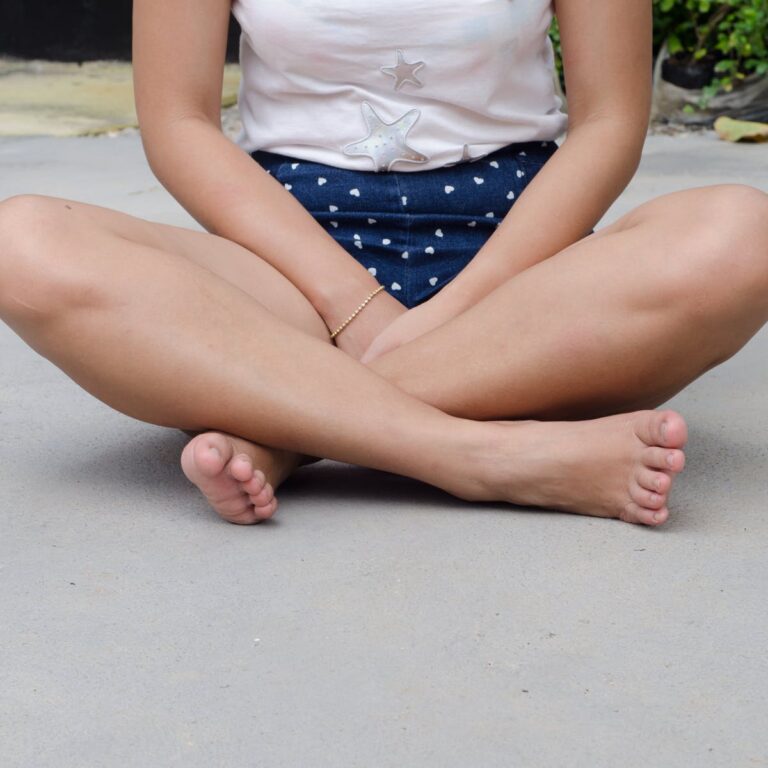Read our article on vulvar pain including symptoms, treatment options and what you have to do when symptoms do not go away (recurrent).
First though, if you are an adult see what comprises the vulvar to enable understanding the symptoms in terms of its anatomy.
The human female vulva anatomy
The vulva is the tissue around the opening to the vagina. It includes the outer folds of skin, called the labia majora, and the inner folds called the labia minora. Other parts include;
- The clitoris, which is a highly sensitive organ at the top of the vulva
- The vestibule, which leads to the vaginal opening
Vulvar pain may refer to pain in the female external genitalia including the labia, clitoris, and the vaginal opening.
It can affect young girls and is common before menopause (pre-menopausal women).
What are the signs and symptoms
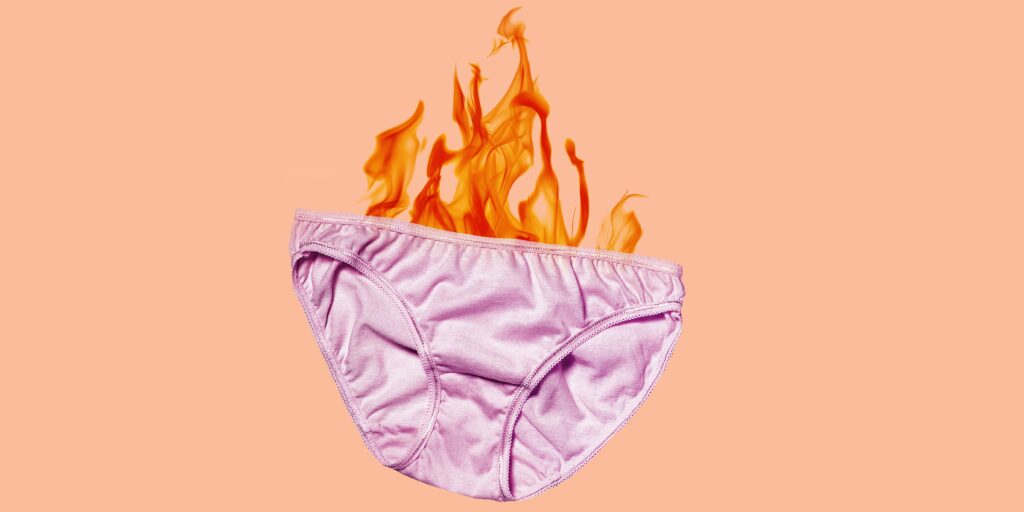
These are common signs and symptoms of pain around or inside the vulva tissue.
- Burning sensation
- Stinging or feeling pain from something like thousands of pins
- Rawness
- Soreness (redness with severe pain)
- Aching or throbbing with aches
- Itching
Certain symptoms may increase pain intensity like itching frequently or continuously for some time.
Causes of vulvar pain
Pain in the vulvar or area around it can be caused by the following.
Thrush infection
Thrush (genital yeast infection) is a disorder that affects both non-pregnant and pregnant women. During normal pregnancy, the female hormone estrogen rises as it is produced by the placenta. This often causes an increase in the amount of normal white vaginal discharge and does not cause itching or irritation.
However, if a female is pregnant and has thrush infection, irritation, burning, itching, and pain may be felt around the vulvar.
Vulvodynia
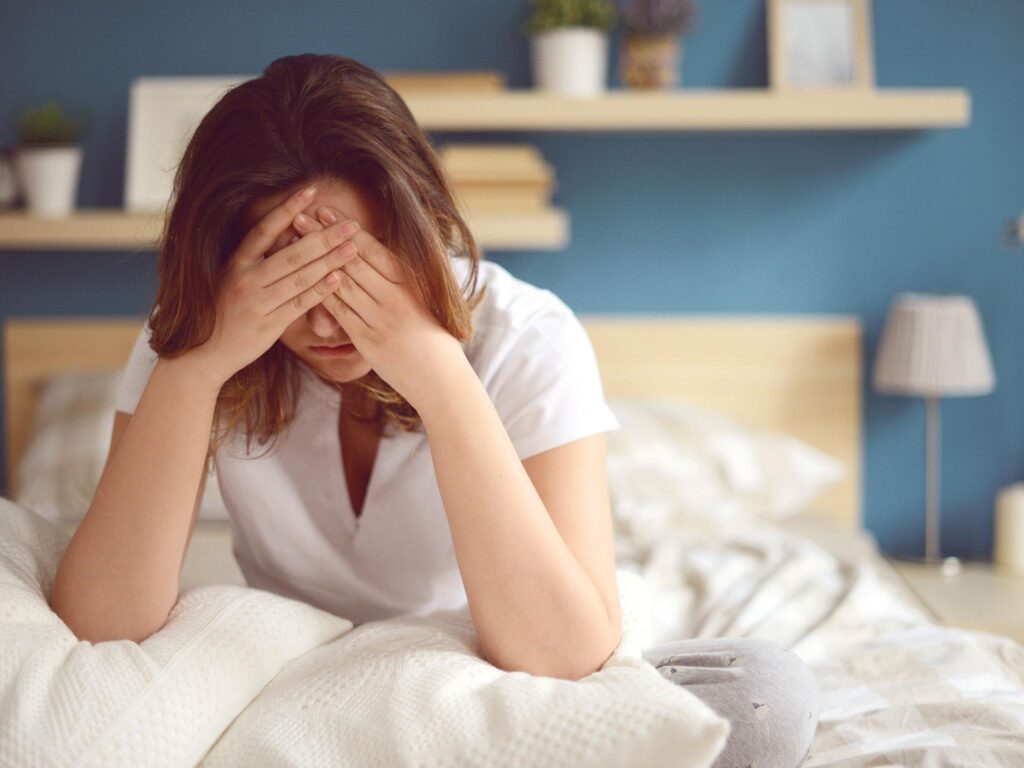
Vulvodynia is a chronic pain syndrome that affects the vulvar area and occurs without identifiable causes. Symptoms typically include a feeling of burning or irritation.
Vulvodynia may affect women:
- All the time or just once in a while
- During activities such as exercise, intercourse, or walking — or even while at rest
- While bicycling, inserting tampons, or even sitting
- In one specific area or throughout your entire vulva
There are two main subtypes of vulvodynia:
- Generalized vulvodynia is a pain in different areas of the vulva at different times. Vulvar pain may be constant or occur every once in a while. Touch or pressure may or may not prompt it. But this may make the pain worse.
- Localized vulvodynia, on the other hand, is pain felt in one area of the vulva. Often a burning sensation, this type of pain is usually brought by touch or pressure, such as intercourse or prolonged sitting.
What causes vulvodynia?
Researchers are still going on to further give more details on some of the following. These include:
- Nerve injury or irritation
- An abnormal response in vulvar cells to an infection or trauma
- Genetic factors that make the vulva respond poorly to chronic inflammation
- Hypersensitivity to yeast infections
- Muscle spasms
- Allergies or irritation to chemicals or other substances
- Hormonal changes
- History of sexual abuse
- Frequent antibiotic use
Symptoms
What are some of the impacts of vulvodynia in women? A woman with vulvodynia may be affected both physically and emotionally. Vulvodynia can affect the woman’s ability to have sex, to do exercise, to socialize and even doing work.
A National Institutes of Health (NIH) study showed that most women with vulvodynia feel ”out of control,” unable to have sexual intercourse, and unable to fully enjoy life. If this is true for you, seek the support you need
If the pain is severe, it affects sexual activity to be exact. This might have an impact on her relationship. And in turn, may affect her self-image and make her feel depressed. Don’t hesitate to seek help. Many women find ways to control the pain.
Some pressure around the vulva
Sometimes pain is caused and felt when there is pressure in the area. That pressure may be brought about by:
- Inserting a tampon
- Being used to tight pants, undergarments or underwear (this potentially increases skin friction with synthetic materials)
- *Wrong sitting position
Other activities that put a lot of pressure on the vaginal region, such as bicycling or horseback riding, can also harm nerve endings and tissue and thus cause it to be painful
Genetic disorders

Some women are born with genetic differences that cause cells to overreact to inflammation or even hormones. The overreaction can cause pain when inflammation occurs in the vulvar region. Inflammation, in turn, causes tissue to swell, irritate filled with more blood, and feel hot and sore
Physical/sexual trauma
Another cause is trauma. Trauma can either be physical or sexual. Vulvar nerve endings can become damaged during childbirth, sexual abuse, or sex without enough vaginal lubrication
Allergies or contact dermatitis
Overreactions to perfumed soaps or other hygiene products, such as douches, lubricants, or vaginal sprays. These reactions, which are referred to as “contact dermatitis,” typically cause itching, burning, and pain and may involve rashes and swelling. They usually resolve after use of the irritating product is stopped, although topical or oral medications can be used if needed.
Menstrual pads and other absorbent pads can also be a source of irritation, but so can chronic dampness
Soaps, gels, and feminine deodorant products can cause an allergic reaction in the vulvar region in some women. That can also lead to irritation, inflammation, and pain of the vulvar.
Recurrent yeast infections
The recurrent of yeast infections lead to increased production of nerve fibers. This increase in nerve fibers causes vulvar pain.
Other possible reasons
Problems which may involve the vulva include:
- Lichen simplex chronicus
- Sores on the vulva
- Paget’s disease of the vulva
Personal care, treatment, and home remedies
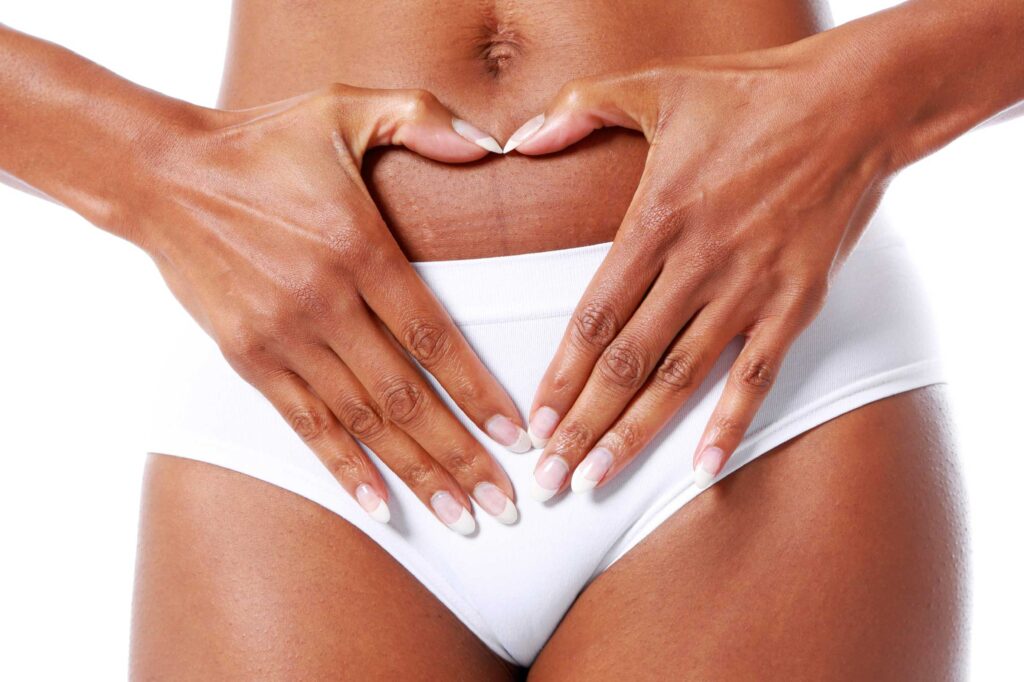
Observing and taking necessary personal care is a treatment option more so in the case where you start to have pain as a result of the wrong things you have been doing.
Avoid exerting pressure around this area
This can be done by wearing loose or fitting pants, being extra careful when cycling and horse riding. Women are also advised not to sit in positions that may exert pressure around the vulvar. Use a water-soluble lubricant during sex.
Wear 100-percent cotton underwear
Non-synthetic materials are more absorbent than synthetic materials.
Avoid wearing them to bed. This helps to reduce pressure on the vulvar area
Using anti-allergy agents
In cases where your primary care provider learns of your pain in vulva due to an allergic reaction to a certain product, your doctor will recommend you stop using that product. They may also prescribe an anti-inflammatory cream,
In the event that the doctor doesn’t find the cause of the pain, he /she may recommend the following treatment:
- Behavior therapy which is a type of psychological therapy that can help you manage chronic pain
- Massage to help relax tight muscles and contracted areas
- Applying pain-relieving creams directly to the skin especially ones containing lidocaine.
- Injections of nerve blocks, in which medications are injected to reduce signals from nerves in the affected area that may cause pain.
- Biofeedback training and pelvic floor exercises may also help in preventing and managing vulva pain
- For recurrent yeast infections, seek medication from professionals
Surgery
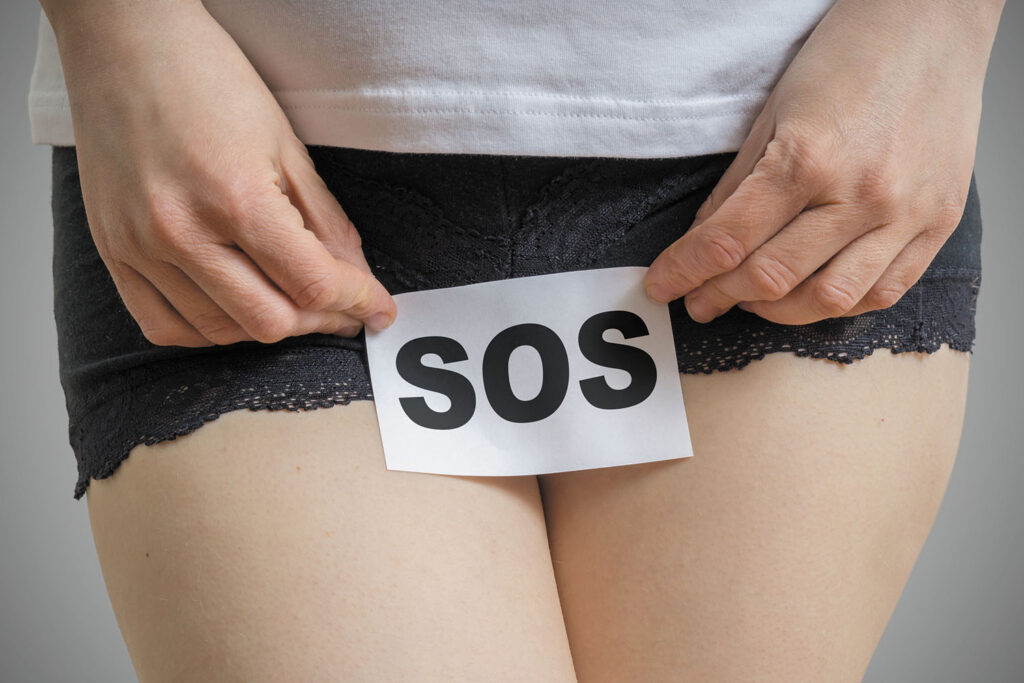
A (vestibulectomy) surgery may be recommended (in rare cases) for women with pain around the vaginal vestibule, or opening. This procedure involves removing irritated tissue around the vulvar area.
Surgery in many cases would be the last resort to finding a lasting solution to your problem.
Other tips or ways that help to prevent vulva pain
In what ways can you help prevent vulva pain?
- Avoid tampons and sanitary pads with deodorants. Instead, opt for unscented feminine hygiene products.
- Use a vaginal lubricant during sex, especially if you have vaginal dryness.
- If your skin is particularly dry, gently apply a thin coat of petroleum jelly to the vulva after bathing to seal in moisture and add a protective layer to the skin
- Always clean the area with water only. Avoid using soaps, shampoos, and perfumed products that could lead to irritation. Many of these products may also overreact with the skin and the vulvar area in particular
- Wear loose-fitting clothes in the vulvar area to reduce dampness and pressure.
- Gently rinse and pat dry it after urinating. Wipe front to back, (i.e. towards the anus, so you don’t bring germs from the anus toward you
- Apply a cool gel pack on the vulvar area if it is tender or painful.
- Avoid hot bathtubs or water pools with lots of chlorine
- Always keep the vulva clean and dry. Avoid prolonged sitting in a wet swimsuit or damp gym clothes.
- Use medically approved detergents from a qualified dermatologist and don’t use fabric softener on panties
- Use unscented toilet paper that’s soft and white
- Soaking in lukewarm or cool baths
- After intercourse, apply ice or a frozen gel pack wrapped in a hand towel.
- Apply topical heat with a heating pad. This can reduce pain in some women with vulvodynia.
- Try relaxation techniques. Relaxation techniques are well known to reduce excess pressure around the vulvar area.
Sometimes disorders that affect or which women develop in particular may not be totally preventable.
Diagnosing
How does the doctor diagnose vulvar pain disorders associated with pain in the vulva or other problems in women?
During diagnosis, the doctor may briefly take your sexual and medical history. Many doctors commonly ask the following questions:
- Have you ever been treated for vaginal infections?
- Is your worse with sex?
- Do you sometimes have vaginal dryness?
- Some physicians may also take tissue samples to test for yeast, bacterial or fungal infection
Others may use a cotton swab to gently probe the vaginal area to help determine if your pain is generalized or located in only one spot.
When to see your doctor

This being a very sensitive area as a concern for women health, to get updates about or rule out symptoms vulvar cancer or vaginal cancer, ensure you regularly consult your GP. If you are pregnant, ensure you make a regular visit your nearest clinic for a check-up.

